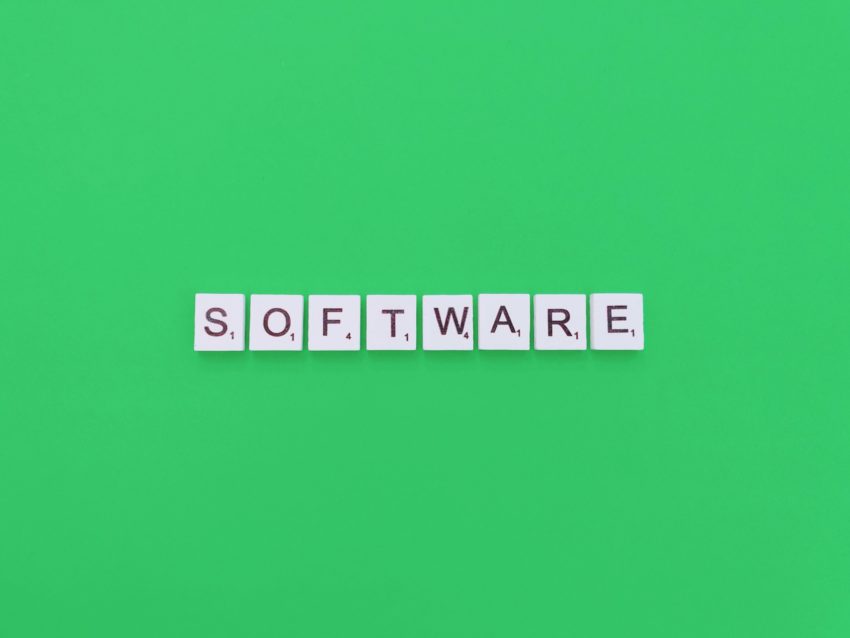Doing business on the go is an important asset for many enterprises. Those in the trades are particularly interested in job site mobility. With the help of new and constantly improving software packages and other products, contractors and technicians can better serve their clients.
Utility additions are a core component of the workplace in these industries. Everyone from architects to road designers and city planners needs the ability to markup plans and create layouts and other products on the go. With the help of these great assets, this task can be made far more straightforward.
Plan design is simple with the appropriate software package.

Drawing software has come a long way in the last few years. With the introduction of new digital technologies, architects and contractors can survey the building site and create a mockup of the proposed build with ease. This benefits the customer greatly because they can speak with their builders on site and craft a plan of attack without having to work back and forth with their contractors after the visit ends.
Maintaining the ability to draft designs on-site means that contractors can get the plans right the first time. Rather than building a template for the construction and sending it away for approval from the client, this can be done swiftly and with the client’s direct input. Likewise, with the cutting-edge tools available today, business owners can craft these designs in low cellular or Wi-Fi coverage areas. Even if your Wi-Fi connection or other internet connection option is shaky or non-existent at times while on the site, you can generate products for your clients that automatically upload to the server once a connection has been reestablished. Working with the cord cut is a revolutionary step forward in the construction and contracting spaces.
Implement payment methods that provide ease of use for your customers.

In addition to drafting software packages, payment methods (mobile card readers, mobile POS terminals, credit card machine options, etc.) are a vital feature in a business that is enabled and ready for anything at the job site. With the help of credit card machines and other POS system terminals, merchants can operate a seamless small business that can accept EMV (EuroPay, Visa, Mastercard) debit cards, credit cards, Apple Pay, Google Pay, and many other payment methods with ease. Rather than taking down a debit card or credit card details on the site or working to track down the credit card, debit card, or EMV payments later on back at the office, a mobile credit card machine or other POS implementation can seamlessly make for a more agile business venture.
Small businesses have come to dominate the enterprising landscape in the United States. As a result, many brands are working to boost their customer service and added support networks to match with the larger corporate enterprises. Small businesses require these additional services and products to create the kind of working relationship that clients are accustomed to. While a small business owner is likely to provide more personalized service and perhaps even far superior craftsmanship or other quality indicators, many times, consumers have had to weigh this against the speed and mobility of larger enterprises.
This is no longer the case, though. With the addition of a POS system that works for both the merchant and the consumer’s best interests, maintaining great relationships built on the best of both worlds (the speed of corporate entities and the personal touch of a small venture) is easy.
With these additional services, businesses of all sizes can put their best foot forward at all times and provide a rock-solid relationship with their clients. Serving the needs of your community is done best when you couple great business practices with the tools that can help you streamline your approach.
